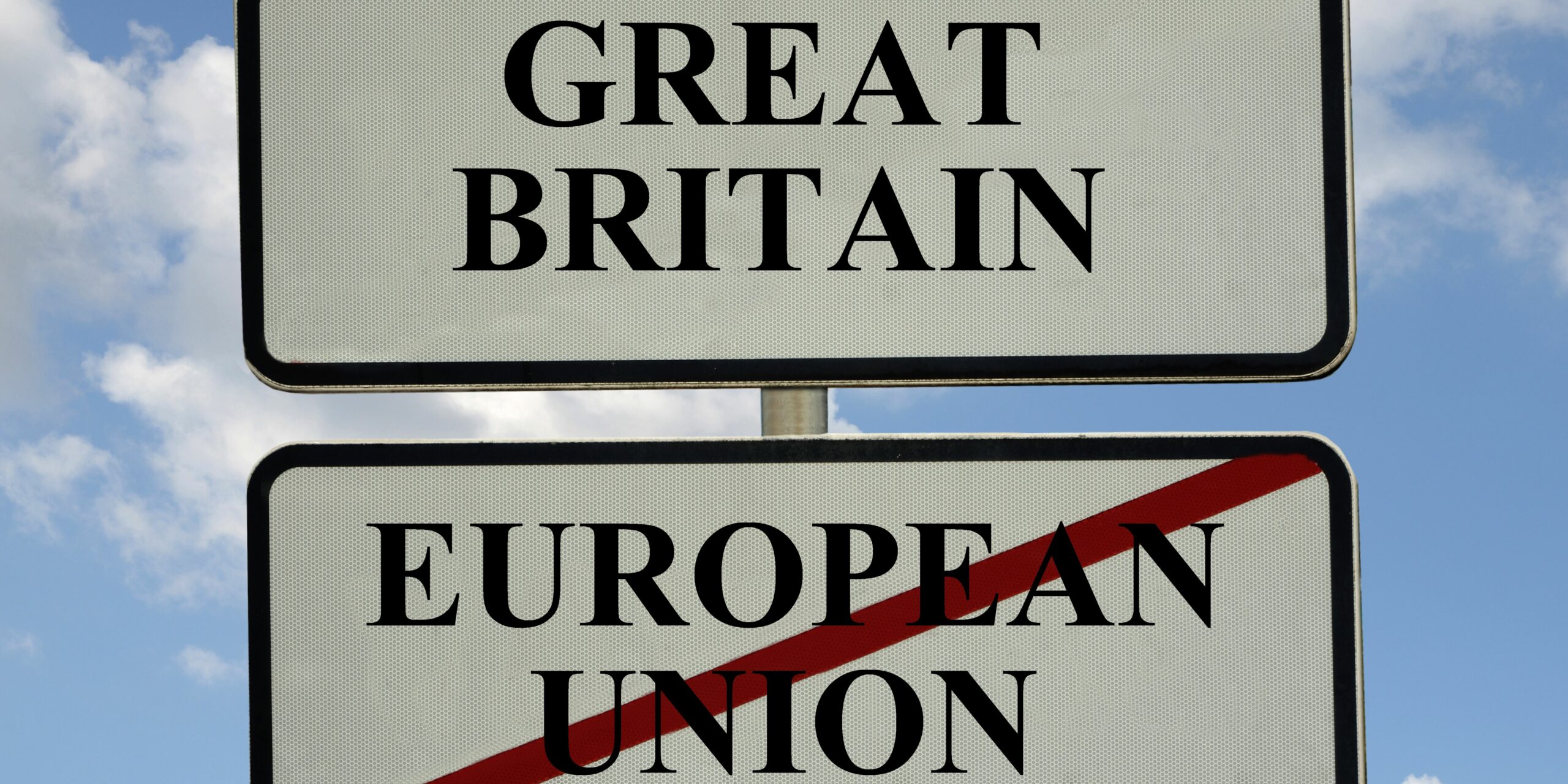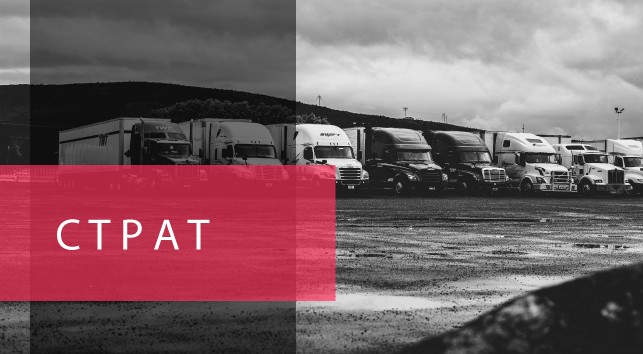Brexit Import Charges Could Lead to Higher Food Prices, Warn Trade Groups
Trade groups in the United Kingdom are sounding the alarm about potential increases in food prices following the government’s decision to impose post-Brexit charges on imports of EU food and plant products. The new fees, known as the common user charge, are set to apply to small imports of animal products and plants entering the UK from the EU through key ports such as Dover and Eurotunnel at Folkestone, effective from April 30th. The Department for Environment, Food and Rural Affairs explained that these charges, which can go up to £145, are intended to cover border inspections and bolster biosecurity measures to prevent the introduction of plant and animal diseases into the country.
However, trade groups have raised concerns over the impact of these charges on businesses, food prices, and consumer choices. William Bain, from the British Chambers of Commerce, criticized the move as “extremely disappointing,” emphasizing that the flat rate fee for most animal and plant products could significantly burden small and medium-sized importers. This sentiment was echoed by Phil Pluck, the Chief Executive of the Cold Chain Federation, who highlighted the last-minute nature of the charges and the potential negative effects on the UK’s supply chain and food prices.
James Barnes, the chair of the Horticultural Trades Association, expressed worries over the impact on the UK garden industry, with concerns about increased costs for small businesses and potential repercussions on consumer choice and biodiversity. The UK government has defended the charges, citing the need to recover border facility operation costs and maintain biosecurity checks to safeguard food supply, farmers, and the environment. Despite delays in implementing these charges post-Brexit, the government aims to support businesses through the transition and ensure the smooth flow of imported goods.
The introduction of these import charges signifies another chapter in the evolving landscape of UK-EU relations post-Brexit. While the government emphasizes the necessity of these fees for biosecurity measures, concerns linger over the broader implications for businesses, food prices, and consumer options. As trade groups continue to voice their apprehensions, the coming weeks will reveal how these charges will impact the food industry and the choices available to UK consumers.
Source article: https://www.theguardian.com/business/2024/apr/04/brexit-import-charges-may-mean-rise-in-food-prices-say-trade-groups

Importing 201
Did you know that U.S. Customs requires that importers have written policy and procedures for record-keeping and customs compliance? This course builds upon techniques presented in our U.S. Importing course and explains how to implement and strengthen your import controls. The course also describes what you should do to prepare for the eventuality of a CBP audit.








